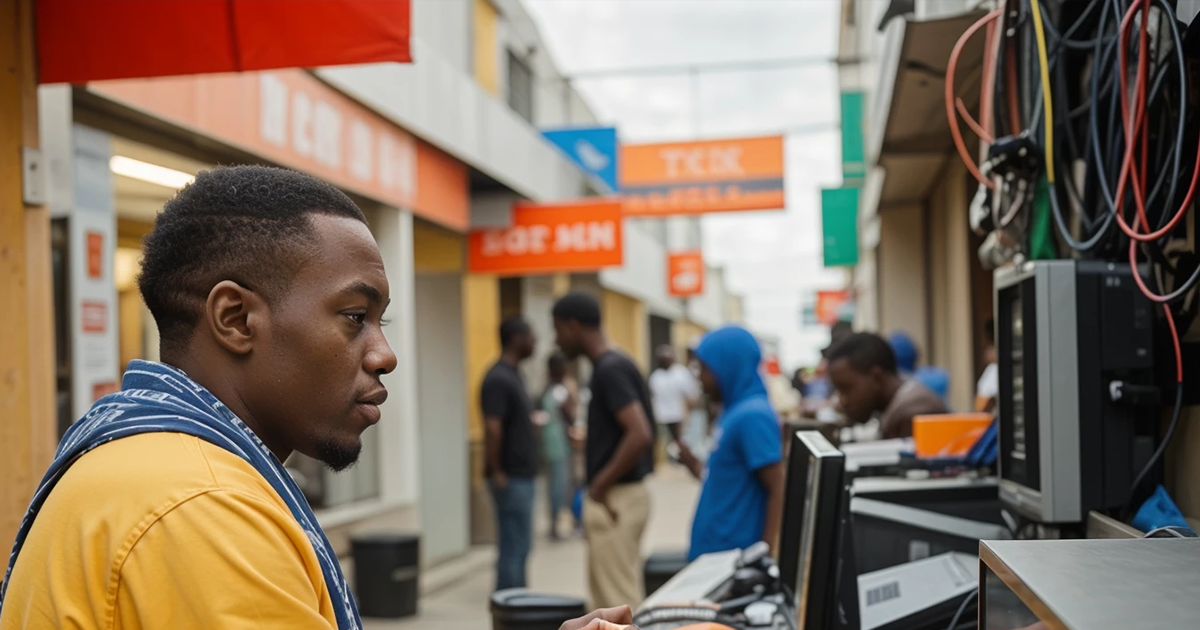Bitcoin in Kwara: How Decentralized Money Is Changing Local Communities
In a world where financial systems often exclude the underserved, Bitcoin has emerged as a beacon of opportunity, particularly in regions like Kwara State, Nigeria. While Bitcoin’s influence is often framed in the context of Wall Street headlines or global price movements, its grassroots impact on communities especially in emerging markets is where its true potential shines.
Kwara State, located in North Central Nigeria, is one of the areas where Bitcoin adoption is quietly transforming lives and reshaping the economic landscape from the ground up.
Kwara State: A Region on the Brink of a Digital Shift
With a rich cultural heritage and a predominantly agrarian economy, Kwara has traditionally faced challenges common to many regions in sub-Saharan Africa: limited access to financial services, high unemployment rates, and economic exclusion for rural populations. But the arrival of Bitcoin and the broader crypto movement is starting to bridge these gaps.
As mobile penetration increases and internet access improves across Nigeria, more Kwarans are using digital tools to solve real-world problems. Bitcoin is now one of those tools, empowering individuals to transact globally, save outside the depreciating naira, and bypass legacy systems that have long overlooked them.
Bitcoin as a Financial Lifeline
1. Overcoming Financial Exclusion
Despite Nigeria being Africa’s largest economy, millions remain unbanked or underbanked. In Kwara State, particularly in rural and peri-urban areas, residents face obstacles such as:
- Lack of bank branches in remote areas
- High minimum deposit requirements
- Long wait times for cross-border transactions
Bitcoin changes this dynamic. Armed with nothing more than a smartphone and internet access, locals can now participate in the digital economy. Bitcoin wallets are easier to open than bank accounts and don’t require paperwork, allowing entrepreneurs and everyday citizens to bypass red tape.
2. Bitcoin and Freelancers in Kwara
A growing population of Kwara freelancers, writers, designers, developers are turning to Bitcoin as a tool for receiving international payments. Traditional payment platforms like PayPal or Payoneer can be restrictive or expensive due to fees and regulations. Bitcoin offers a frictionless alternative. Once paid in BTC, freelancers can convert to naira via peer-to-peer marketplaces or use their Bitcoin to make online purchases directly.
3. Bitcoin for Micro and Small Businesses
For small business owners in Ilorin, Offa, and other parts of Kwara, Bitcoin has become a useful hedge against naira volatility. Merchants are now accepting Bitcoin payments from diaspora customers and even integrating it into their e-commerce platforms. Some farmers are exploring Bitcoin savings as a means to preserve income during off-seasons, shielding themselves from inflationary pressures.
Community-Led Bitcoin Education and Awareness
One of the key drivers of Bitcoin’s rise in Kwara is grassroots education initiatives. Local Bitcoin advocates and organizations such as BitKwa are filling the knowledge gap by hosting workshops, meetups, and online webinars. These sessions demystify Bitcoin, teach wallet management, and promote safe custody practices.
In a region where financial scams and Ponzi schemes have eroded trust in digital investments, trusted community leaders are essential to building Bitcoin literacy. The message is clear: Bitcoin is not a get-rich-quick scheme; it’s a tool for empowerment.
Social Impact: Real Stories from the Ground
Take the story of Aisha, a single mother in Ilorin who runs a small tailoring shop. After attending a local Bitcoin workshop, she learned how to accept Bitcoin as payment from clients abroad. Today, she saves a portion of her earnings in Bitcoin to guard against inflation and pay for her children’s education.
Or consider Musa, a tech-savvy university graduate from Kwara State University, who now earns Bitcoin through remote gigs on global freelancing platforms. With Bitcoin, Musa no longer worries about expensive currency conversion fees or delayed international transfers.
These are just two examples of a broader trend where Bitcoin isn’t just speculative; it’s becoming a tool for economic participation and resilience.
Challenges Still Exist
While Bitcoin’s potential is undeniable, challenges persist:
- Volatility: Bitcoin’s price swings can be daunting, especially for users unfamiliar with long-term strategies.
- Regulatory Uncertainty: Nigeria’s fluctuating stance on cryptocurrencies creates barriers to institutional support.
- Education Gap: Many in rural Kwara still lack basic digital literacy, making onboarding slower.
However, community-driven efforts are steadily addressing these challenges.
Looking Ahead: The Road to Financial Sovereignty
As awareness grows and more Kwarans integrate Bitcoin into their daily lives, the region could become a model for Bitcoin-driven empowerment in Africa. By providing tools, education, and access, Bitcoin is unlocking opportunities for people who have historically been left on the margins of the financial system.
Kwara State is not just adopting Bitcoin, it’s innovating with it.
Conclusion: From the Margins to the Global Stage
In Kwara, Bitcoin is much more than an asset; it is a lifeline, a hedge, and a passport to the global economy. As local initiatives like BitKwa continue to champion Bitcoin literacy and responsible use, the state is positioned to be at the forefront of Africa’s digital financial revolution.
Bitcoin may have started as a software experiment, but in Kwara, it is fast becoming a force for community resilience and economic inclusion.

